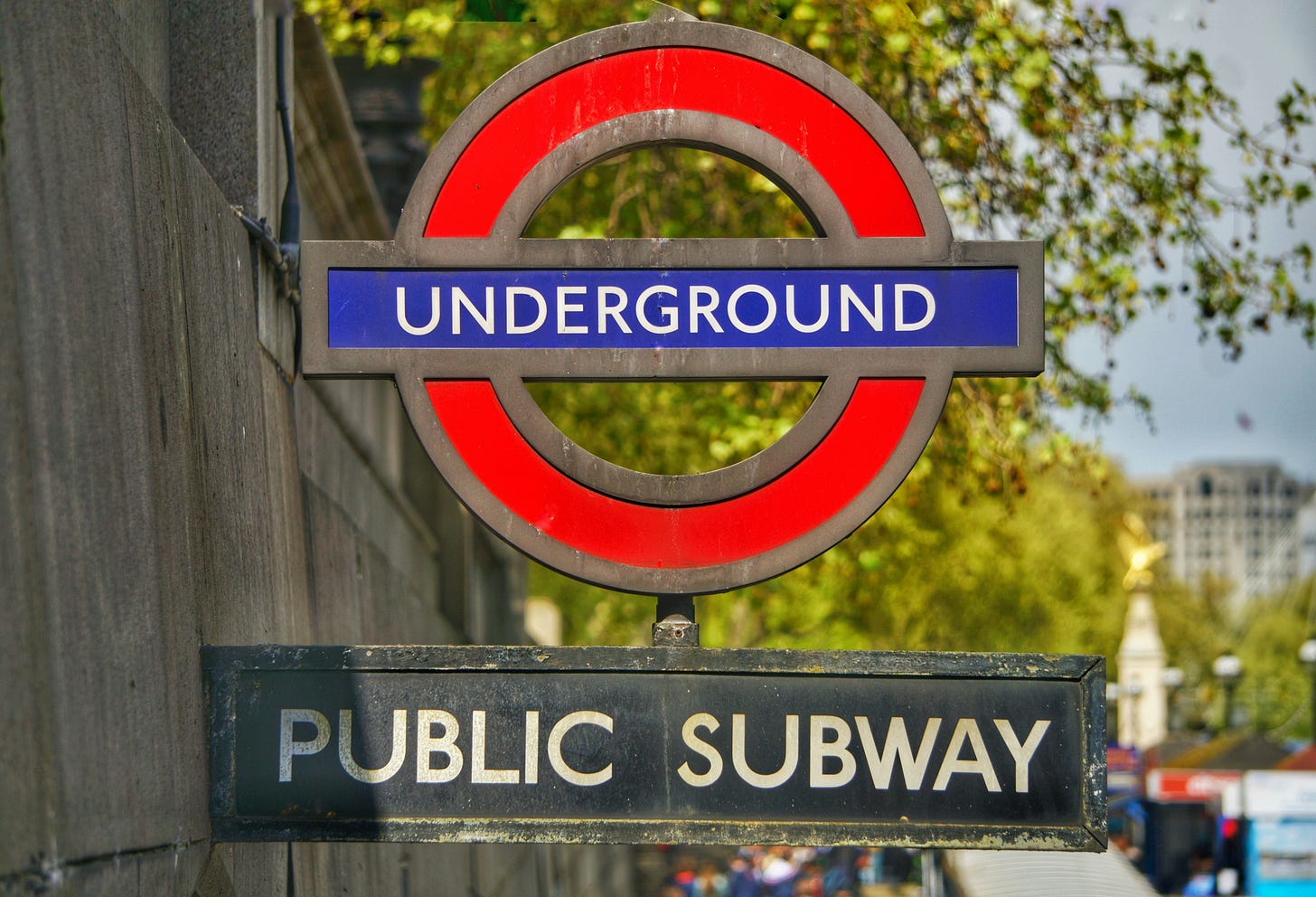The Idea of Home
More than anything, home for me is symbolised by emotional connection. And though I have lived in other cities, I have felt this nowhere more than London, where a wholeness in me was born.
Spring makes a show on my last weekend in London. The shadows of branches dance on the ground through still leafless trees, choruses of narcissus in bolts of yellow sing loudly at the sun’s warmth and the people of the city emerge, bleary eyed and dazed in the low bright March light. It is the perfect moment to close this chapter in a city which has been my home on and off for four decades.
There have been many departures and arrivals over the years, I am rooted to something here, a sense of the place which, more than anywhere else, feels like home. This time next week I will be looking out from a new apartment in Manhattan, across the water towers and skyscrapers of the New York skyline, to begin again the discovery of home, something new, somewhere else; in another extraordinary city in equally astonishing times.
I first arrived in London from Scotland in the mid 1980s. Coming off the train at Kings Cross, it was another world. After navigating the station, full of drunks, rough sleepers, prostitutes and rent boys, the city streets unfurled in all directions far into the distance, full of promise and the unknown. The scale of the city and her indifference for yet another anonymous young man from the provinces, allowed me to disappear, to get lost and find my feet on her pavements. I guess you might say, I found my way home.
That had been an elusive experience for me. The farmhouse I grew up in was never home. For my mother’s pious sensibilities I was too messy and unpredictable. I mostly felt like an unpalatable lodger. The bedroom was a place where my childish high spirits were contained and then where the cocksure passions of my youth were subdued.
So I sought the possibilities of home outside in the wide expanses of the fields and forests and in the corners and eaves of long abandoned farm steadings and dilapidated buildings. Out of sight, with the most meagre materials, I created makeshift, ramshackle, habitable refuges. In a flotsam of raggedy residences I could dream up the embrace of domestic warmth.
The concept of home is many things. The simple physicality of space is important but not all. I have made many homes in my search for that feeling of contentment. First they were borrowed nests, later places I could call my own, where I was able to play out the taste and style I learned from seeing how other people lived. They say home is where the heart is and in time they did indeed become places reinforced by love, where I have shared daily routines and future aspirations. Home then becomes a place where the commonplace and surprising coexist. The tilt of a shaving mirror, a pot on the stove, the moon seen from a waking sleep, pictures hanging crooked on a wall, books leaning against each other, rooms where the thrill of departure and the surprise of return are reminders of one another. All these tell you the story of home.
More than anything, home for me is symbolised by emotional connection. And though I have lived in other cities, I have felt this nowhere more than London, where a wholeness in me was born. In time its diverse, confrontational and sometimes secretive geographies have created an arterial imprint. I must have covered thousands of miles back and forth. The streets literally rise up to meet me, my feet following a course with no conscious direction, drawn to their destination from years of the familiar. My heart is filled with the reassurance that here I have learned life’s most important lessons. Here I have a rootedness in myself. My place is instinctive and settled. But now it is time to pace out the streets of a new city and find its heart under the sidewalk.


